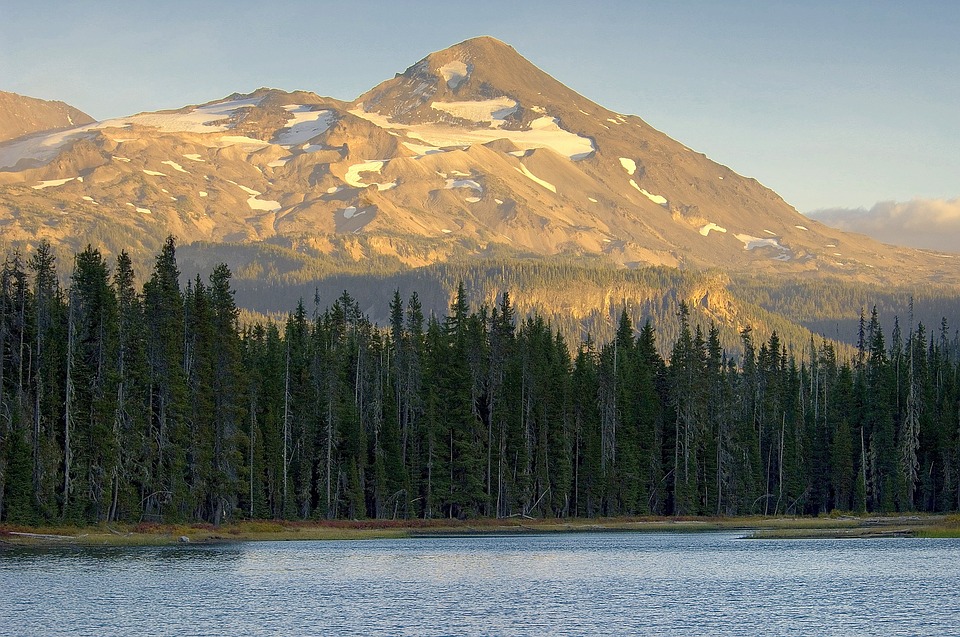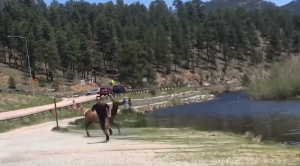In another small win for public lands in America, a Central Oregon congressman withdrew his sponsorship of yet another controversial bill that would likely be the first step toward selling off our cherished public lands.
Just the same as Rep. Jason Chaffetz of Utah felt the immense pressure of sportsmen and women along with many other outdoor enthusiasts, causing him to drop H.R. 621, Rep. Gene Whisnant, R-Sunriver, felt the very same wrath.
Whisnant was the chief sponsor of House Bill 2365, which would set out to establish somewhat of a task force in an effort to assess the viability of transferring land currently managed federally, to the state level.
Citing a fierce backlash by ways of phone calls, emails and social media posts from public land-defending citizens and organizations, the Senator announced Thursday that he would not longer be sponsoring the bill. Despite his actions, he still, however, is defending his support for the bill, blindly stating that the state could in all likeliness efficiently manage Oregon’s public lands.
“I think it would be worthwhile to have a task force,” Whisnant said. “But I’m a common sense kind of guy.”
The bill was before the House Committee on Agricultural and Natural Resources on Thursday morning, but Whisnant was not in attendance.
“Due to the fact that in all likelihood the bill will not pass and there appears to be many who do not want to hear other opinions about how to maintain Oregon’s beautiful national resources, I have removed my sponsorship of HB 2365,” Whisnant wrote in a prepared statement.
In addition to Whisnant’s support of the bill, Rep. Carl Wilson, R-Grants Pass, also continued his support for the bill, stating that he believed Oregonians “would exercise a more loving and caring approach to our lands.”
Despite these attempts at moving federally managed lands to the state level, the fact remains that many of these states, if not all, are not equipped financially to carry the burden of managing these large swaths of land. According to Dan Morse of the Oregon Natural Desert Association, the transfer of federal lands to the state level would cost the state upwards of $75 million annually in firefighting costs alone.
Statistics such as these prove that it is highly likely these tracts of land will eventually be sold to private buyers as an income generating revenue stream for the state.
H/T: Bend Bulletin




